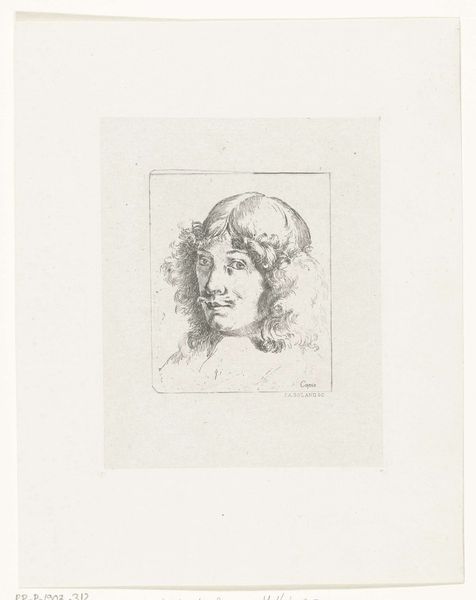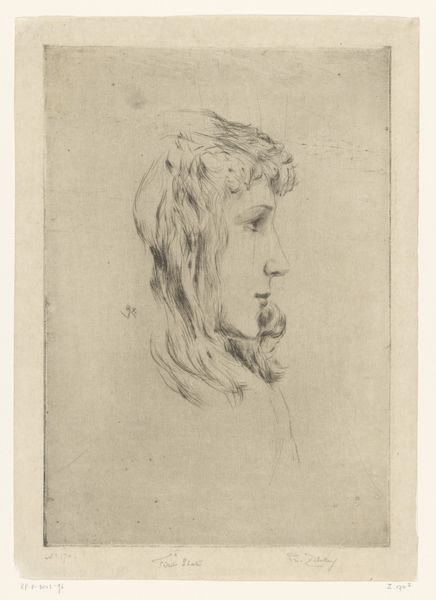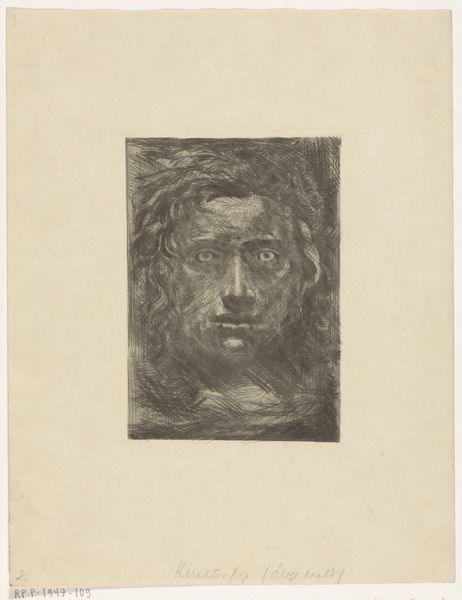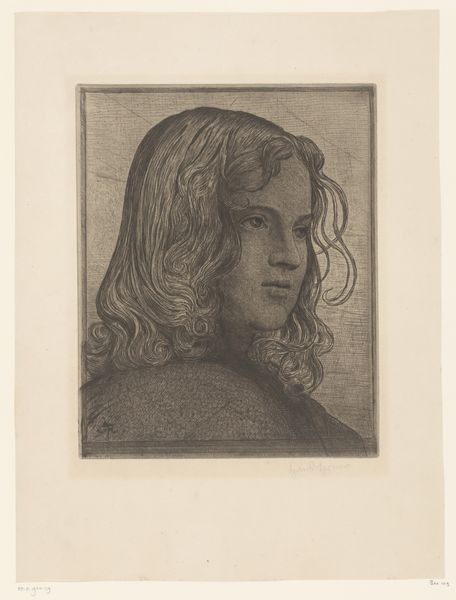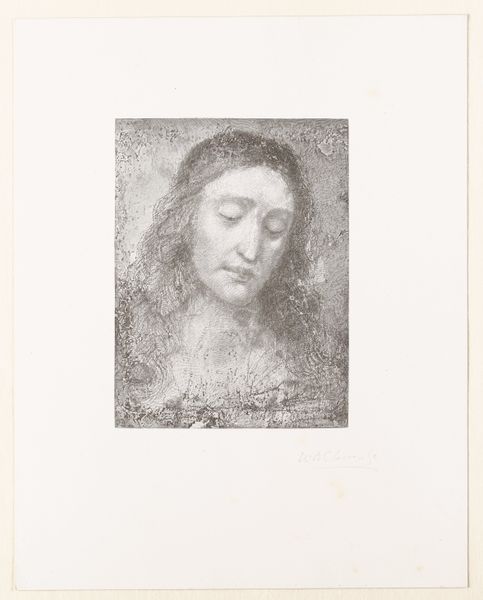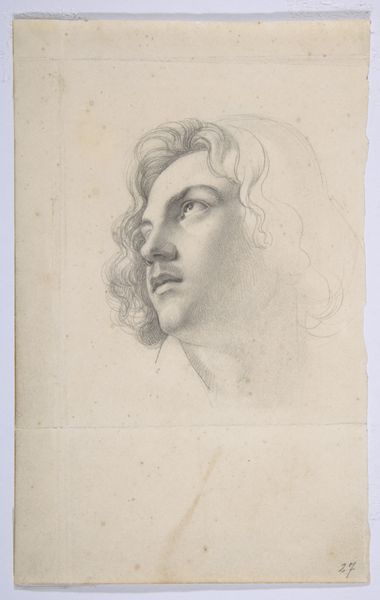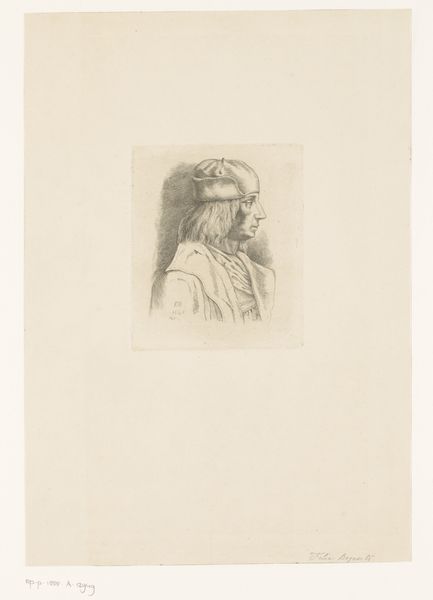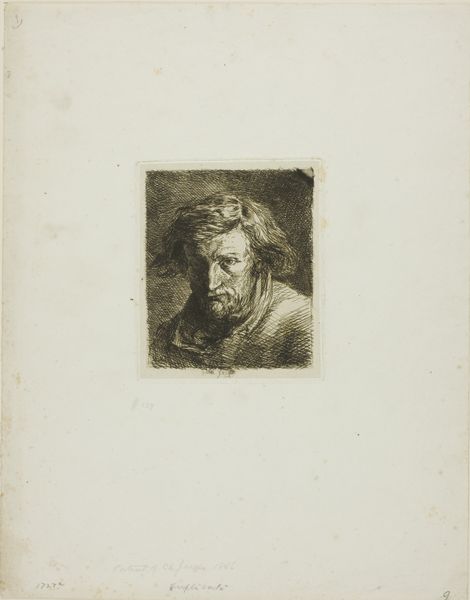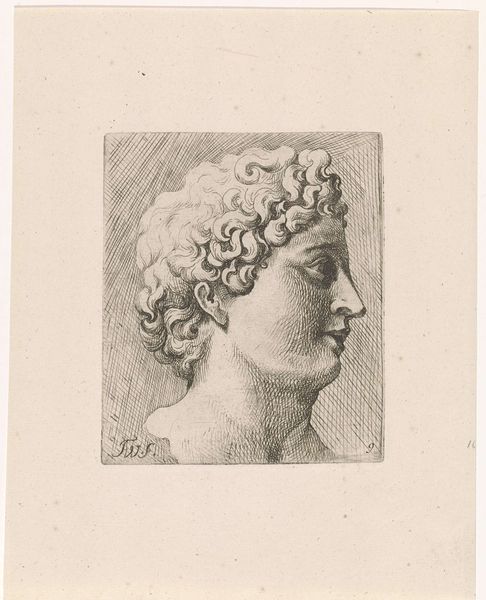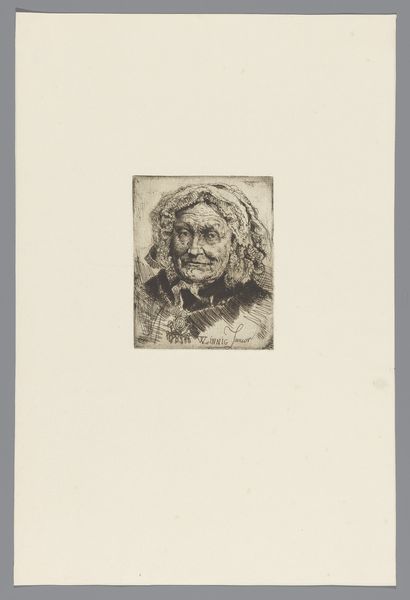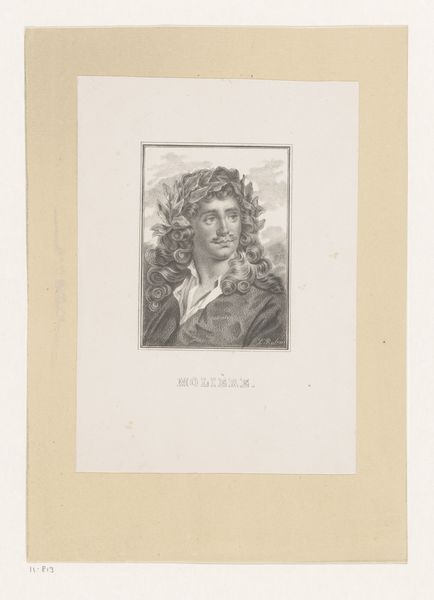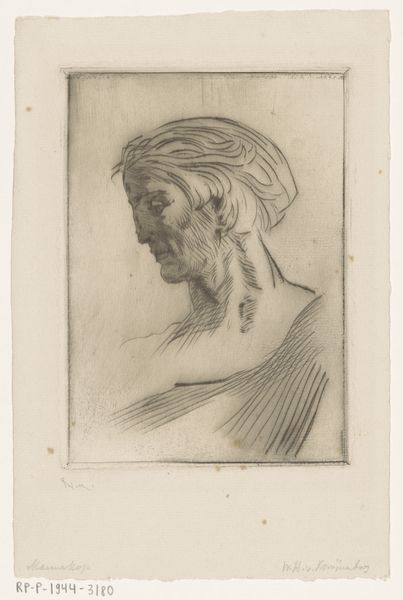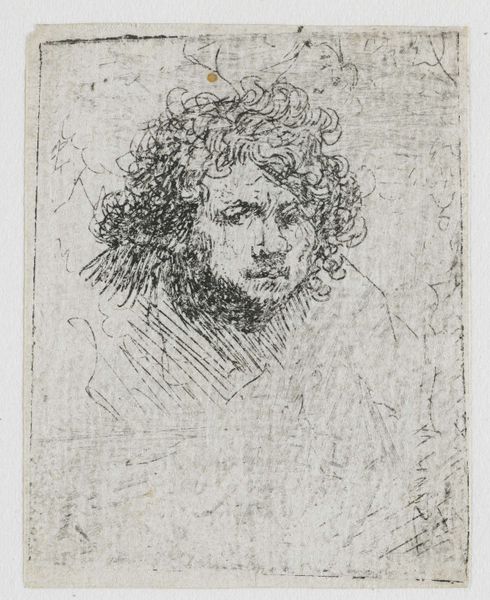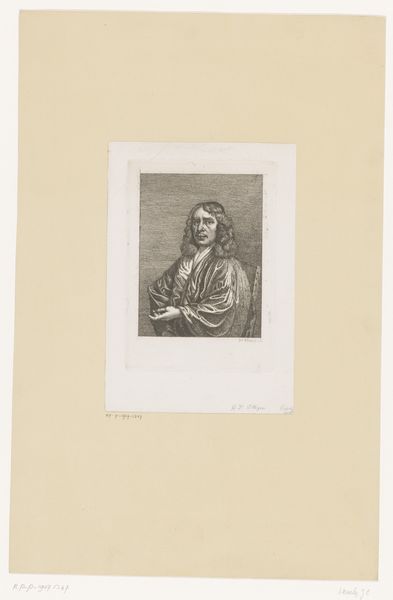
drawing, print, paper, ink
#
portrait
#
drawing
# print
#
old engraving style
#
white palette
#
paper
#
ink
Dimensions: height 135 mm, width 103 mm
Copyright: Rijks Museum: Open Domain
Editor: So, this is "Portret van een onbekende man," by Willem van Konijnenburg, created sometime between 1878 and 1943. It's a small print, ink on paper. It’s pretty moody, and there’s so much detail crammed into that small space. What do you make of it? Curator: I find myself drawn to the printmaking process itself. The lines, etched with such deliberation, speak of labor and skill. How was this image reproduced and disseminated? Consider the paper itself, its sourcing, the inks used, the social value attached to a printed image versus a unique drawing in this period. These things tell a story. Editor: That’s interesting. I hadn't considered the paper and ink as being central to understanding the artwork. Curator: Everything from the production of raw materials, to labor practices and skills, influences value in society. Did Konijnenburg cut the plate himself, or rely on skilled laborers? What was the status of printmakers at the time? These questions unveil the social and economic relationships inherent in the art object. Editor: So, you’re saying understanding how this was made gives insight into the time period, maybe even into the artist's choices? Curator: Precisely! Consider that portraits, whether painted or printed, function as both individual likenesses and markers of social status. But a print allows for wider circulation. Who was the intended audience? A more general public than might commission a painting? Editor: Wow, I never thought about prints in terms of their wider accessibility and the message that sends. Curator: This shift of focus away from authorial genius and towards materials opens the door to a richer, more grounded understanding of the image and the means and moment of its production and reproduction. Editor: Okay, I see your point! Analyzing the materiality really shifts my perspective. Curator: Indeed, by decentering the artwork, the work expands and becomes more grounded, connected to people, places, moments, networks.
Comments
No comments
Be the first to comment and join the conversation on the ultimate creative platform.
